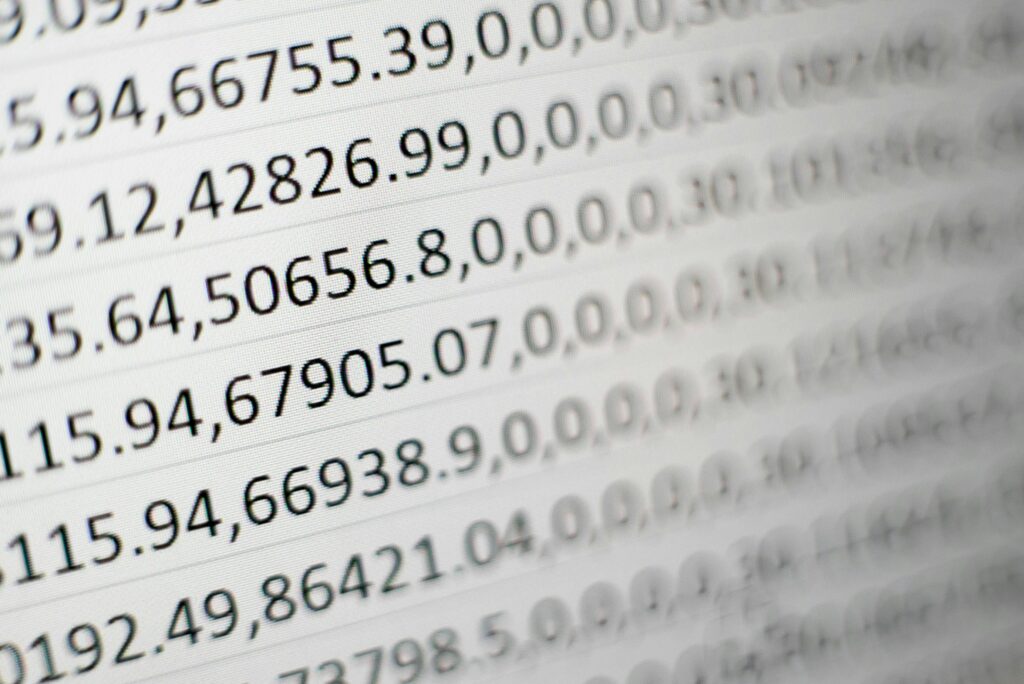Bonnie Stewart this week brought up some very important points to consider. In this article I will talk about some of the topics she brought up, and also share some other considerations.
Value Exchange
My take is that, data collection as a whole is inhumane, malicious, and parasitic. The logical conclusion of this practice, is a form of slavery, because we relinquish our power to monopolistic companies, and that power is then used against us, in the form of advertisements, surveillance technology, and selling that data to other companies. Its true that these products offer a lot of value at no monetary cost, but the value exchange is not equal. I think more people are becoming aware of this exploitative relationship and are starting to use privacy respecting software more and more, however most people are still not aware of the dangers. There are also people that are aware of the consequences but conscientiously choose digital convenience over sovereignty, and the allure of the former is strong. A few common justifications I have heard and have also used myself are, “Well, I’m not doing anything wrong online therefore I don’t care if my data is collected”, “I’m too invested in the ecosystem of this technology to switch”, “How is my data going to make any difference when there already so much data out there already?”
“Anonymous” data
One of the most dishonest change of phrase is Anonymizing Data, there is no such thing as anonymous data because all data can be de-anonymized. This phrase is used purely to mislead people into thinking that their data is somehow safe because it is anonymized. Even if the data was anonymous its still used in nefarious ways.

Alternatives
The exploitative nature of these companies has created an entire market for privacy respecting alternatives, some monetarily free and some paid. These alternatives in a lot of cases are better than the big tech products. They are faster, less buggy and give a sense of freedom that ones data is not being harvested. I am pleased to see that this class uses open-source alternatives, this is important to show that the alternatives are actually good and viable.
Conclusion
It is now clearer than ever that data collection is exploitative, and the outcomes of this practice are not good. I think it is important for people to be aware of the dangers and make a decision on what software they want to use, and to consider the privacy respecting alternatives. There should be more diversity in the eco-system of technology to avoid and break up monopolies that currently exist. I also think that governments should intervene and abolish the practice of exploitative data collection.